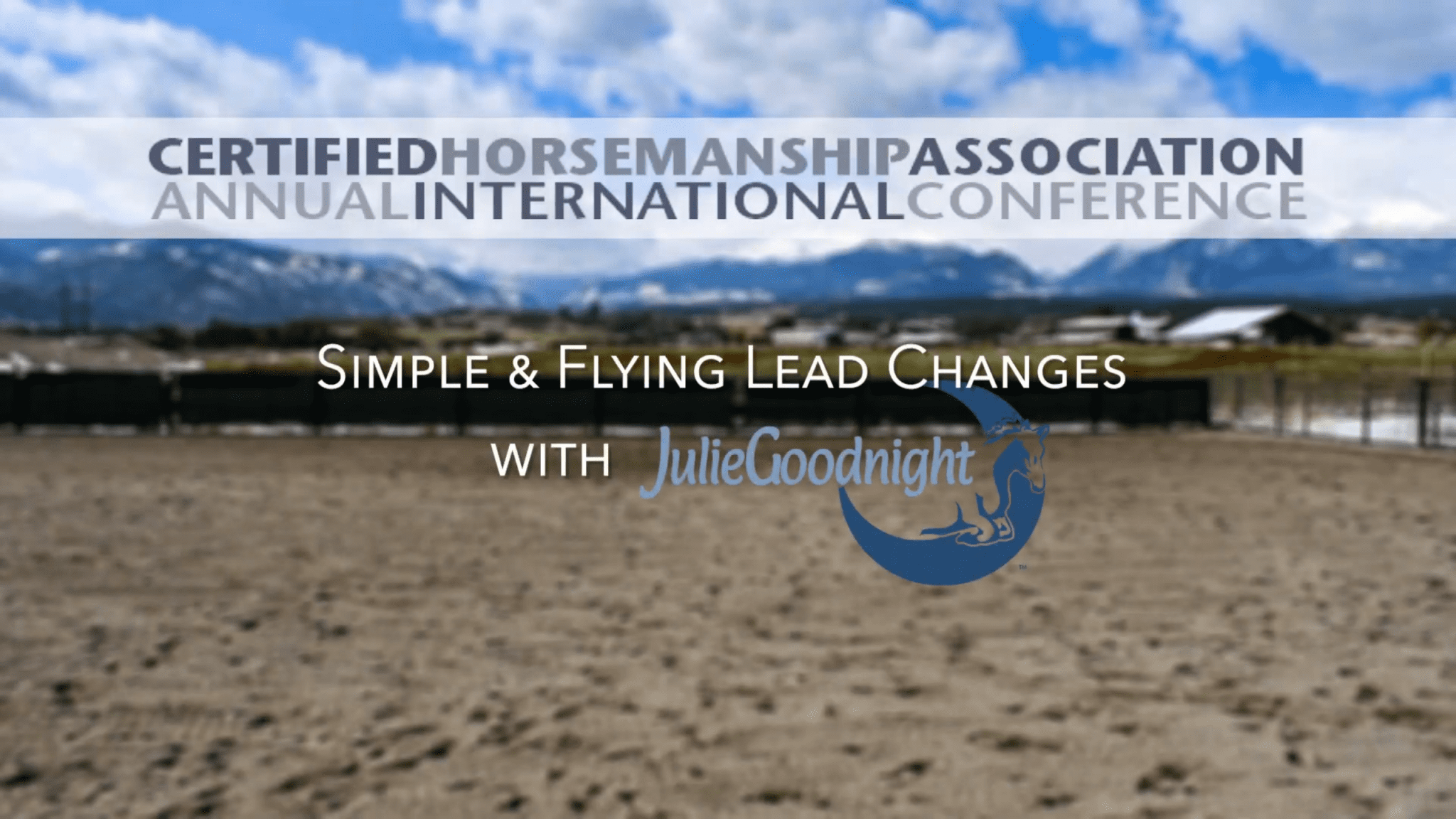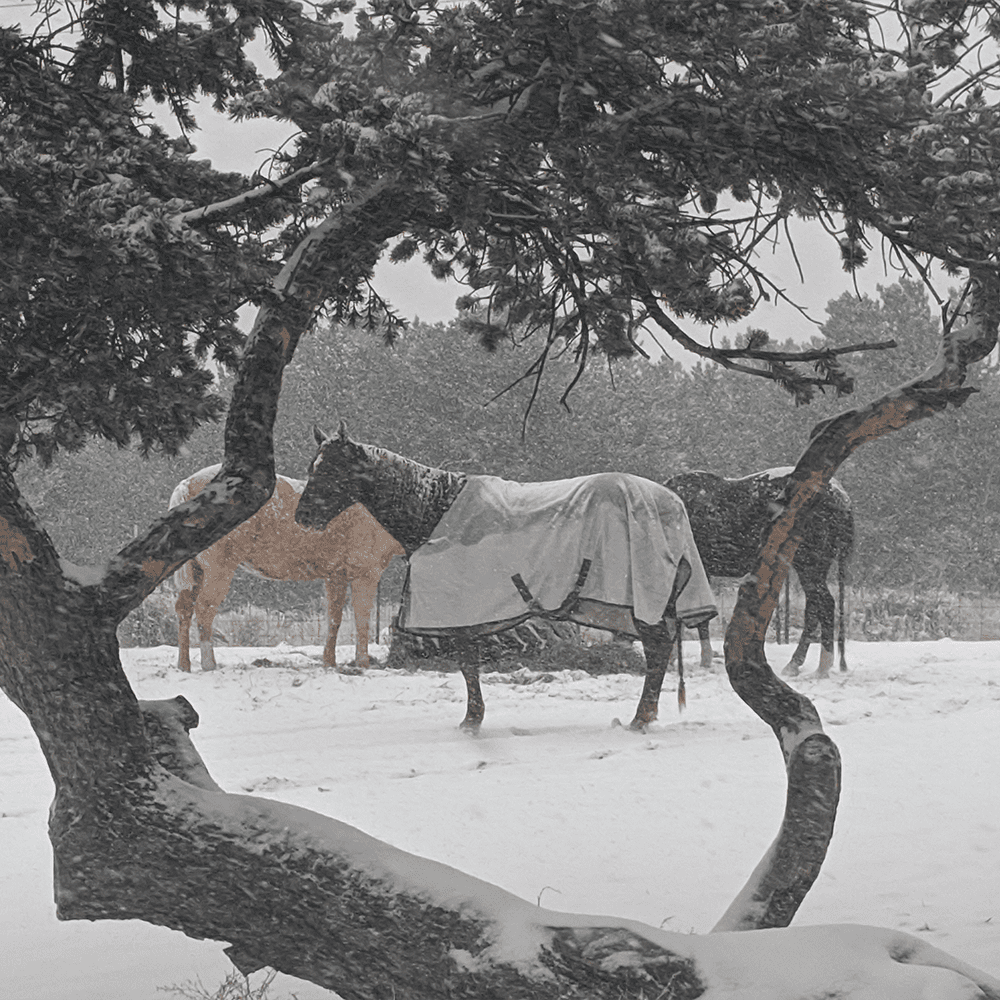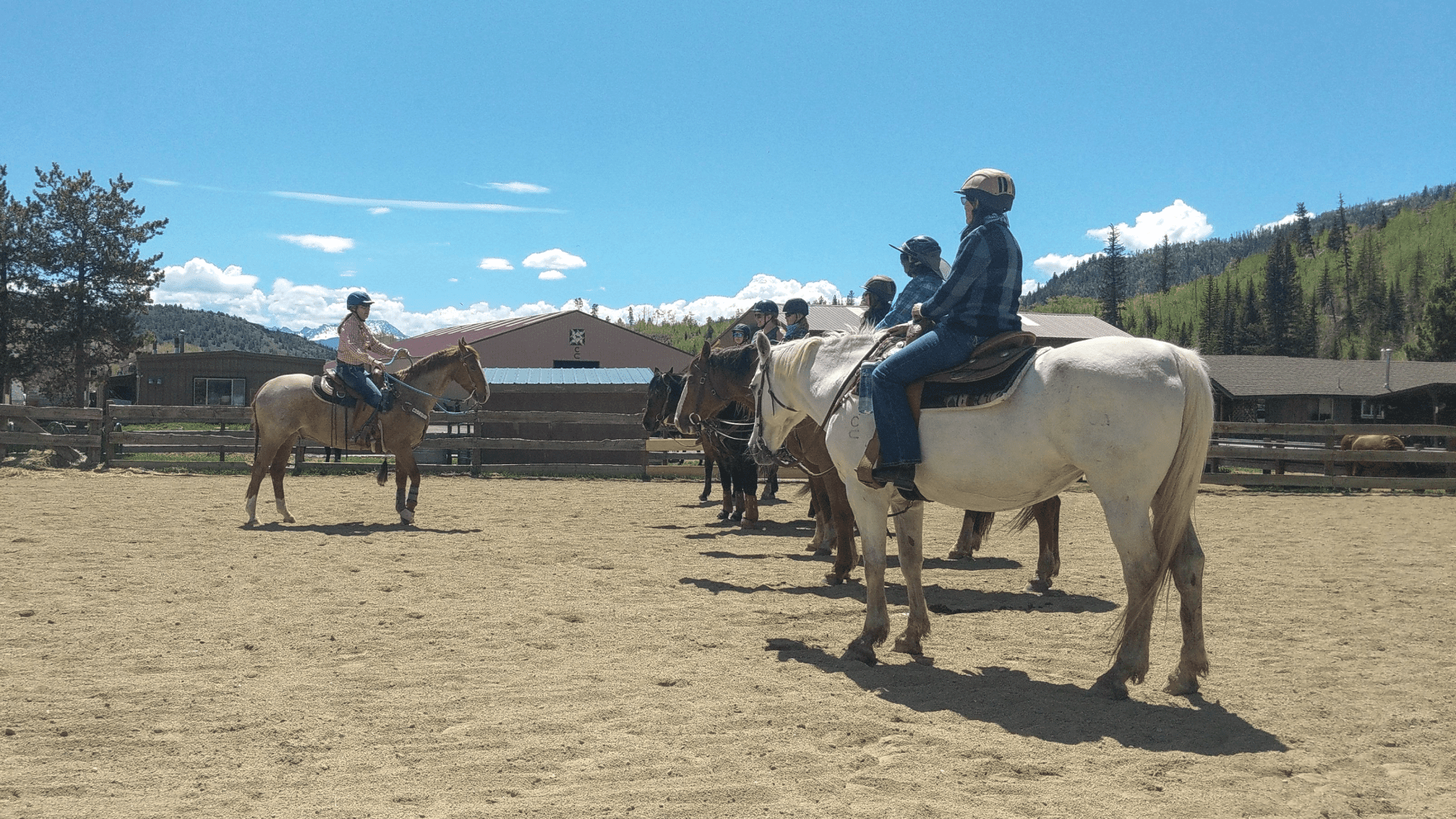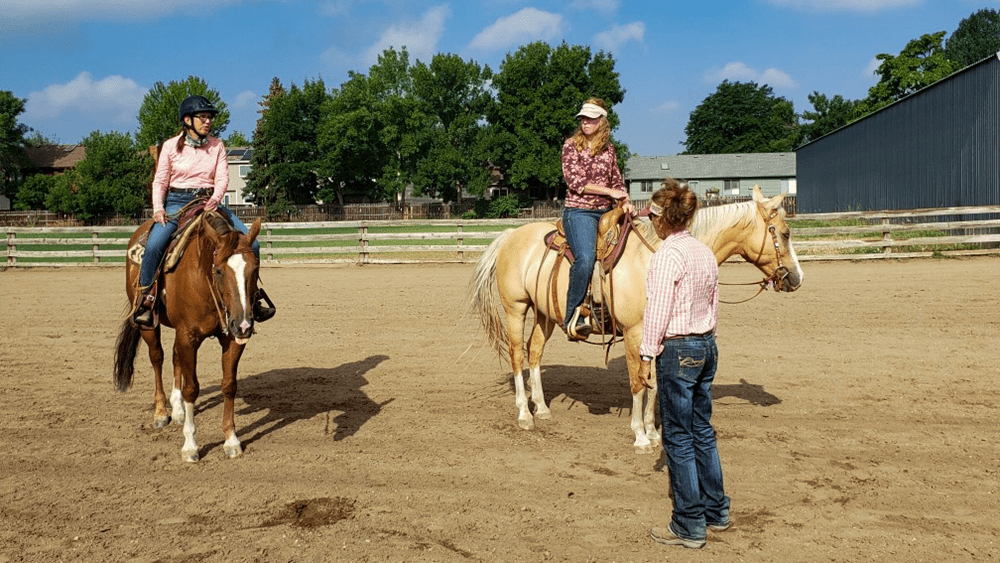Question: Hi Julie,
I have been reading your articles and I have gained a lot of insight into horses and horseback riding. Thanks so much for such wealth of knowledge. My husband and I have only been taking riding lessons for five months. At what point in the future is a good time to purchase or lease a horse? Should we wait one or two years, while taking lessons, to take on this huge responsibility? I am 4’11” tall so what kind of horse and age range should we be looking at? We live in New Jersey but we would love someday to attend one of your clinics.
Thanks again,
Nancy
Answer: Nancy,
I am pasting below some excerpts from a book I wrote for the Certified Horsemanship Association (a non-profit organization that promotes safety in the horse industry) which has just been released and it is called Ready to Ride? In part, it addresses when to buy a horse, purchasing vs. leasing, and the many and varied breeds and disciplines to narrow down your interests. It also talks about finding a riding instructor and trainer, realistic goals, etc. If you want to purchase the book, check out the shopping cart on my website or call CHA at (800) 399-0138.
As for the size and age of a horse for you, those are easy questions to answer. Ideally you want a 13.3 to 14 hand horse, nothing bigger than 14.2. As for age, older is better, because you want a push button, been-there-done-that horse that is well trained enough to teach you the art of riding. Don’t even consider anything under 10; up to 18 or 20 is good for a starter horse. Once the horse is much over 16-17, his value begins to decline as a long term investment but he still has many years of good service and sometimes horses are at their very best at this age.
Good luck in your endeavors. You are asking the right questions and that tells me you will have success on whatever path you choose. Please read the excerpts below.
JG
Excerpt from Ready to Ride?, By Julie Goodnight
Chapter 10, “Should You Buy a Horse?”
“When you consider the purchase price, boarding, health care, and equipment needed, owning a horse is clearly more expensive than simply riding school horses. Owning a horse requires a substantial investment of time and energy and a serious long term commitment.
Owning or Leasing a Horse: Many stables offer leases and half-leases on horses, which gives a good introduction to horse ownership, without the capital investment. Often leases are available for the cost of board and maintenance, so it is a more affordable first step to horse ownership, without the long term commitment. However, the purchase price may be the least amount of money you will spend on a horse; the maintenance costs can be considerably higher in the long run….
Many naïve horse lovers make the devastating mistake of buying a young horse for their first horse. Horses are not like puppies; you cannot effectively train a young horse without years of experience and a young horse is much more dangerous than a little puppy. Between the horse and the rider, it is imperative that one of you knows what you are doing. Unlike puppies, horses can become big dangerous animals in a heartbeat; it requires a competent and experienced horse person to raise and train young horses.
Horses are not really mature until they are about eight years old and they are in their prime in their teens. Most good beginner and novice horses are 14 or older, although some may be younger. The older a horse gets, the more he has learned about life, humans and his job. You want a horse that can teach you; not a horse that needs an education….
Look for a stable with a program that teaches good horse care and knowledge as well as riding skills. Volunteer for horse chores at a stable; allow your child to take advantage of the opportunity for character development. Horses are not machines and one of the most important things a child can learn is personal responsibility….
Some stables offer full care only, while others give you the choice of providing some of your horse’s care yourself. There should be a regular schedule for feeding, watering, stall cleaning/manure disposal, farrier, and veterinary visits….
Copyright ©Julie Goodnight 2000. All Rights Reserved. No part of this website may be reproduced without owner’s express consent.



